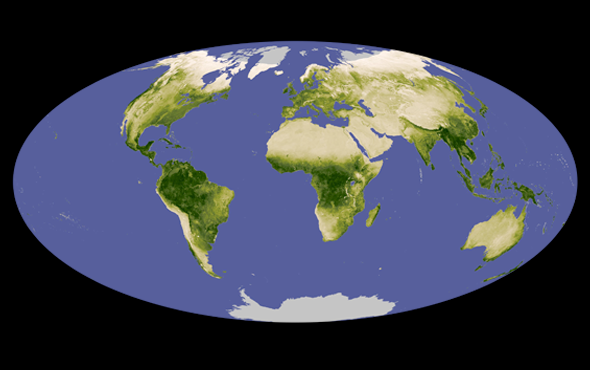PERU
A study found that epigenetic changes (chemical modifications that control DNA activity) help Quechua people who spent their childhood in the Andes Mountains endure high altitudes.
CANADA
Researchers reconstructed the mitochondrial genome of a mummified wolf pup buried in permafrost for more than 50,000 years. They found that the way it is related to both North American and Eurasian wolves suggests the populations maintained a connection over an ancient land bridge.
MADAGASCAR
A newly discovered orchid species that looks like a decaying paper bag has been named the ugliest orchid in the world by the Royal Botanic Gardens, Kew. It is among 156 plants and fungi described by the organization's researchers in 2020.
GERMANY
Divers found a Nazi “Enigma” encoding machine at the bottom of the Bay of Gelting, possibly thrown overboard to keep it away from an enemy. Archaeologists will spend a year restoring the World War II–era device.
UNITED ARAB EMIRATES
A study of dead camels' stomachs revealed that 1 percent contained large clumps formed of plastic bags, the biggest of which weighed nearly 64 kilograms. These so-called polybezoars can release toxins, and they cause camels to starve because their stomachs are too full for food.
SINGAPORE
For the first time, a country's regulatory authority—the Singapore Food Agency—has approved the sale of a lab-grown meat. The “chicken” chunks, grown in a bioreactor, are produced by U.S. company Eat Just.

